Barbados Delegation Visited WorldSkills (Guangzhou, China) Research Center
Release time:2024-07-19
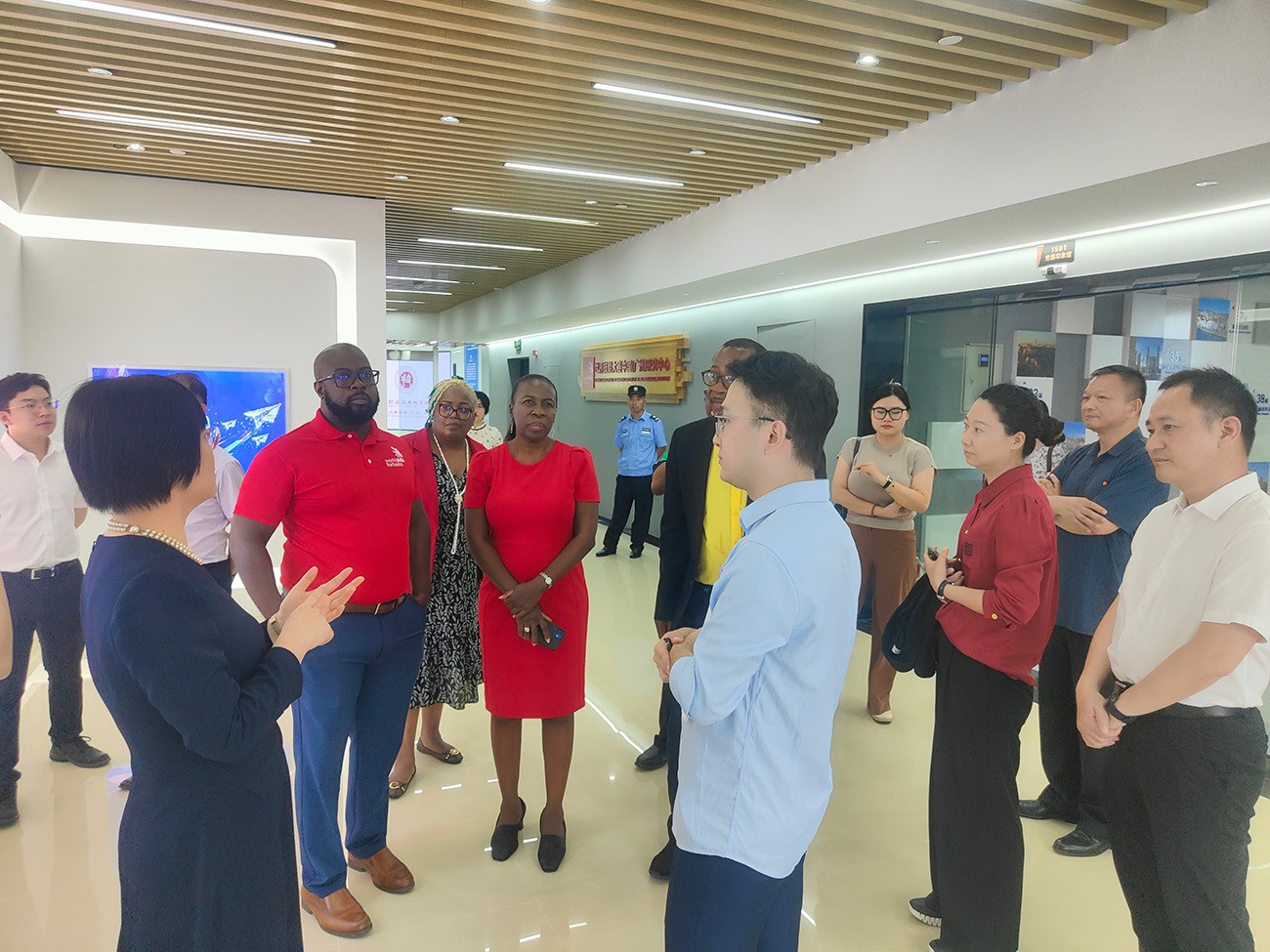
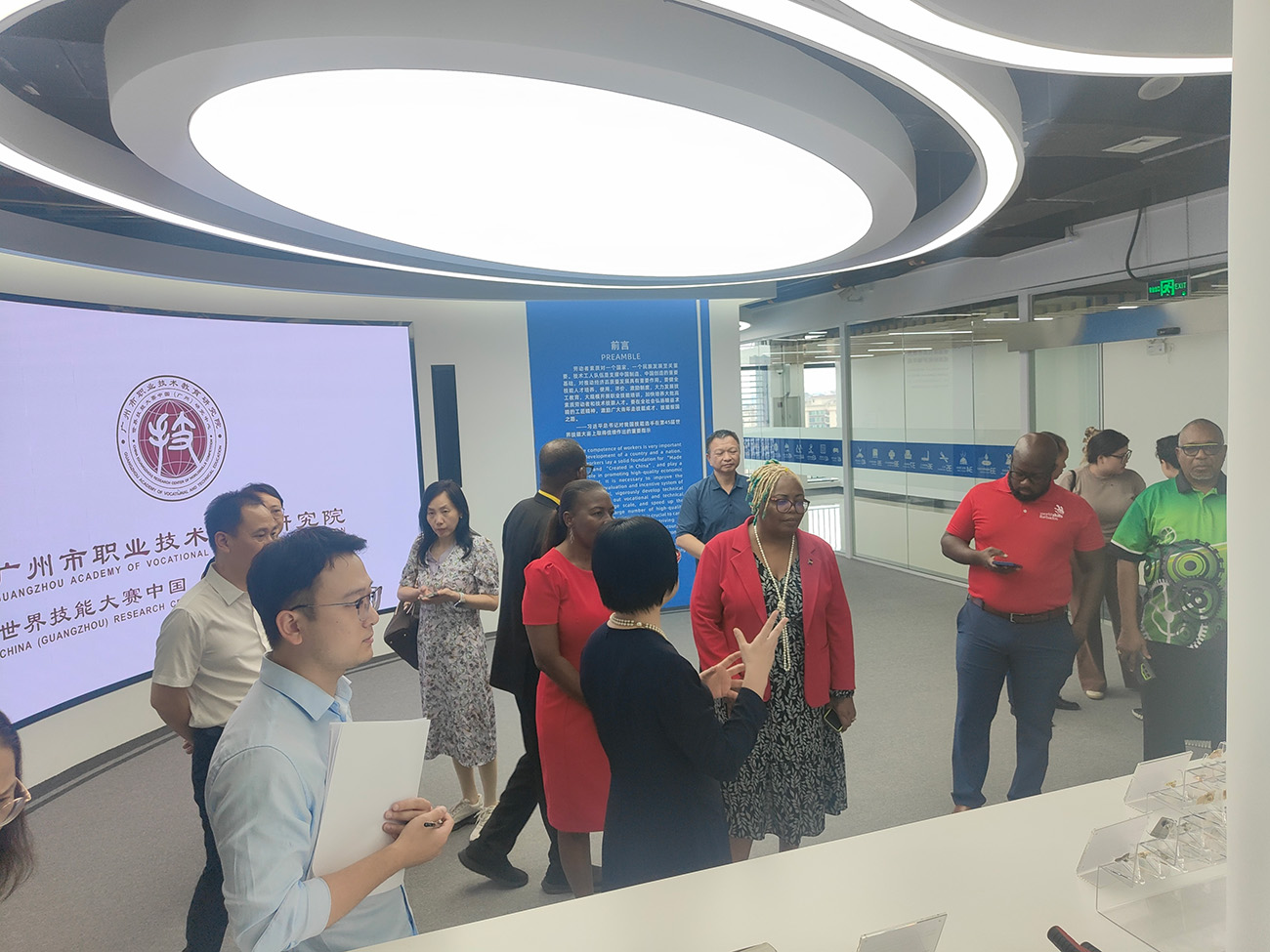
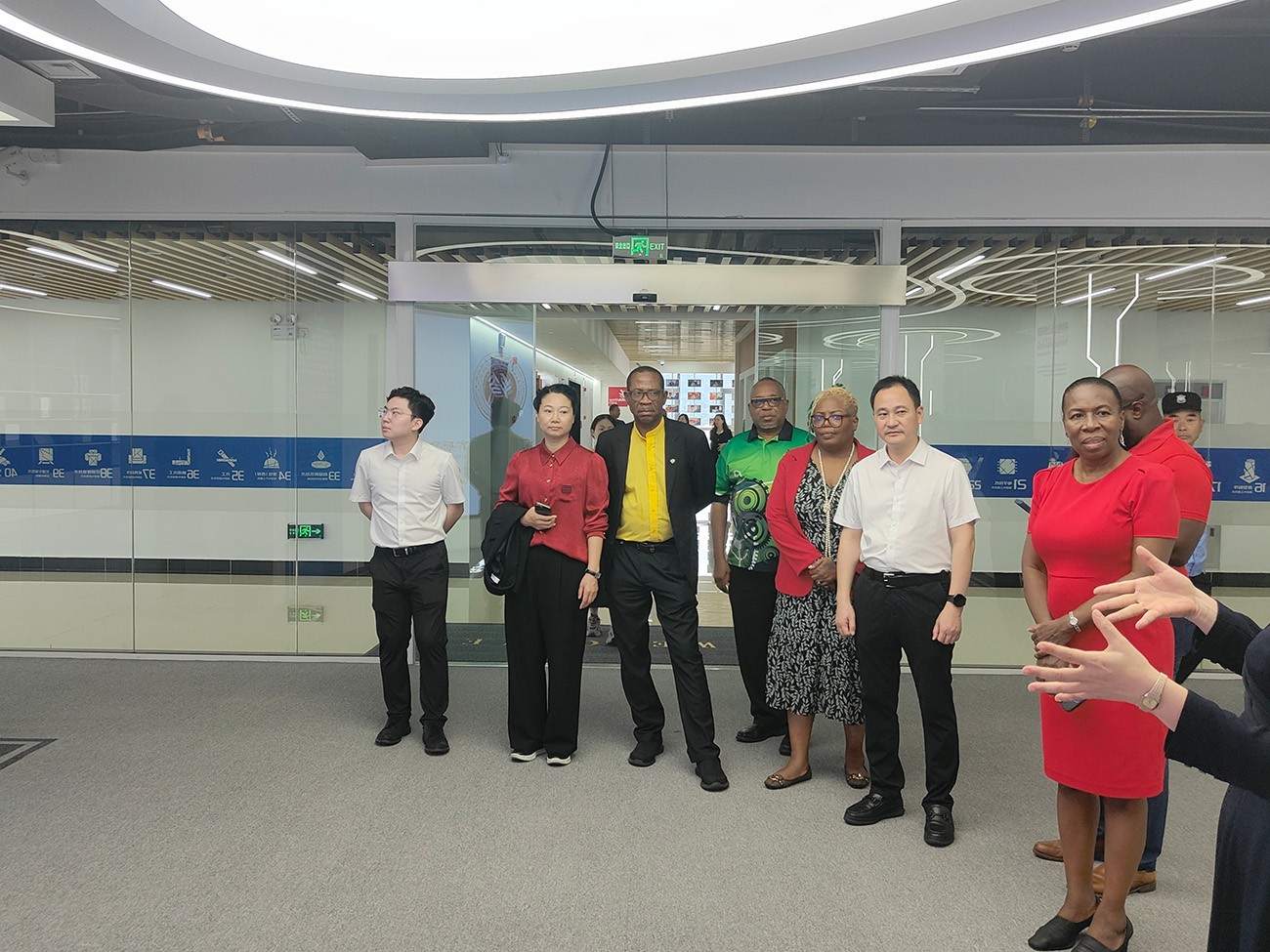
On the afternoon of June 30, 2024, the Barbados delegation visited the WorldSkills (Guangzhou, China) Research Center. First, Zhang Lifang, the Dean of the center, led the delegation members on a visit of the research center, providing a detailed introduction to the center’s various facilities and the projects involved in WorldSkills Competitions and China National Competitions.
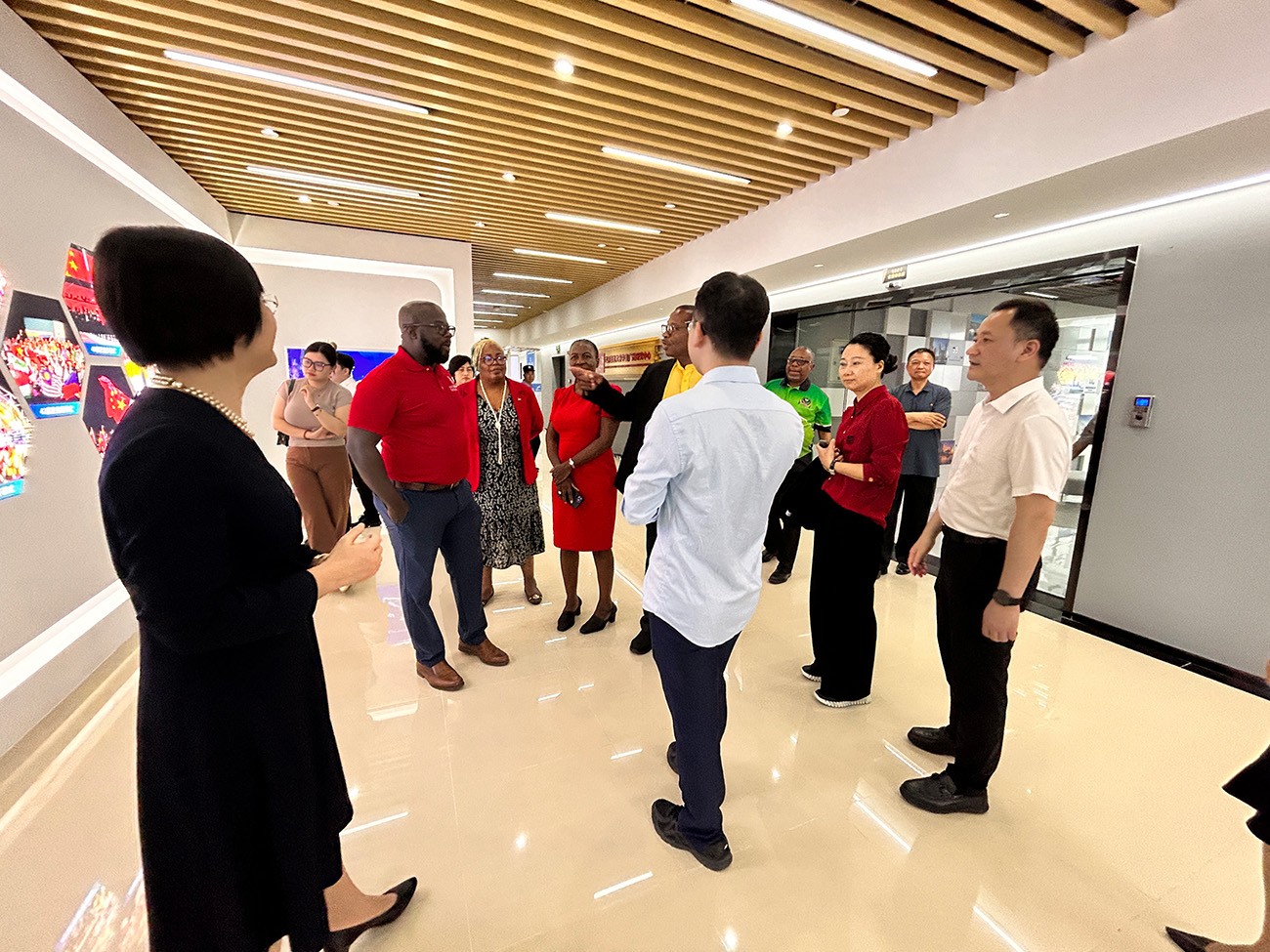
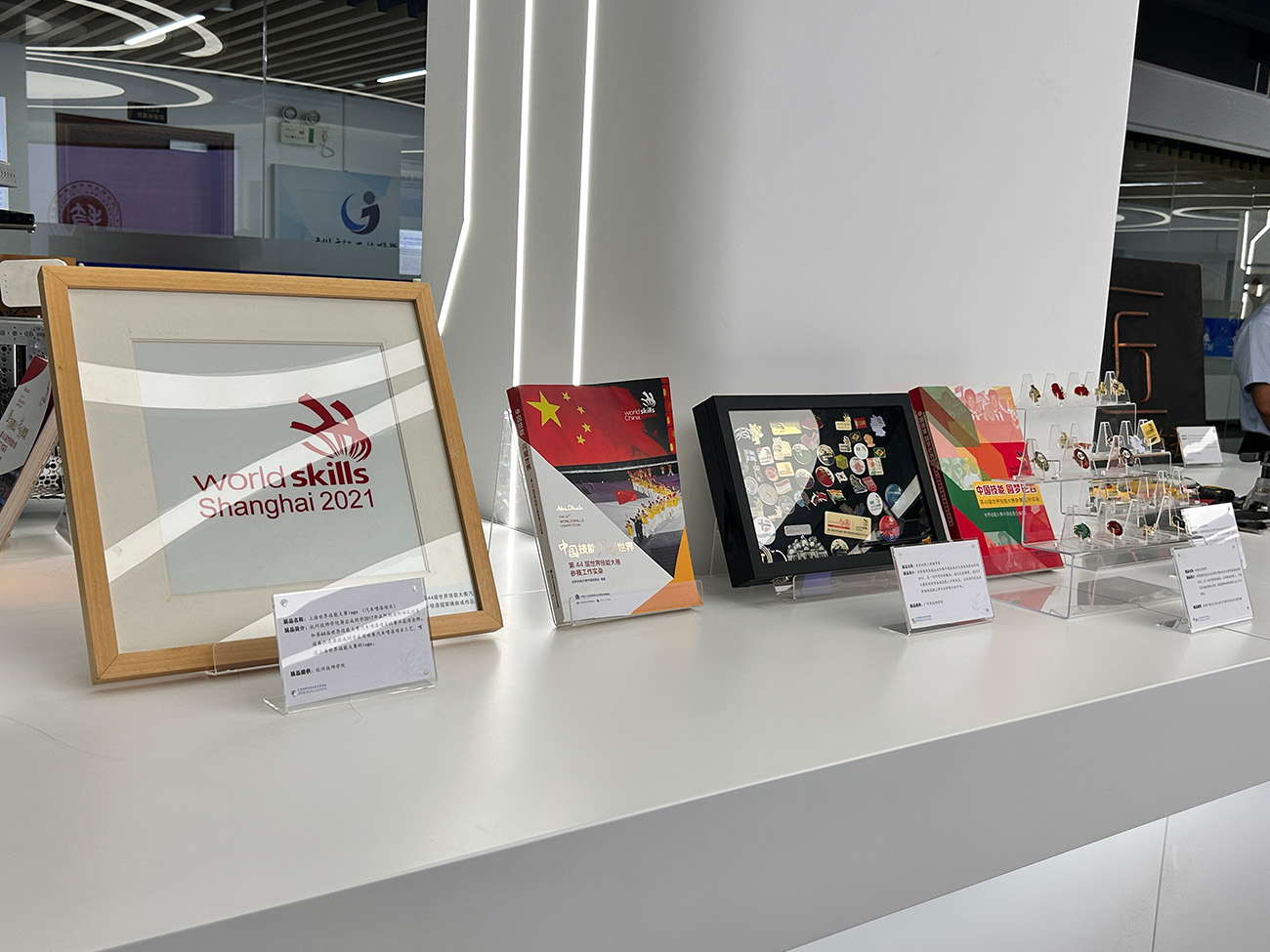
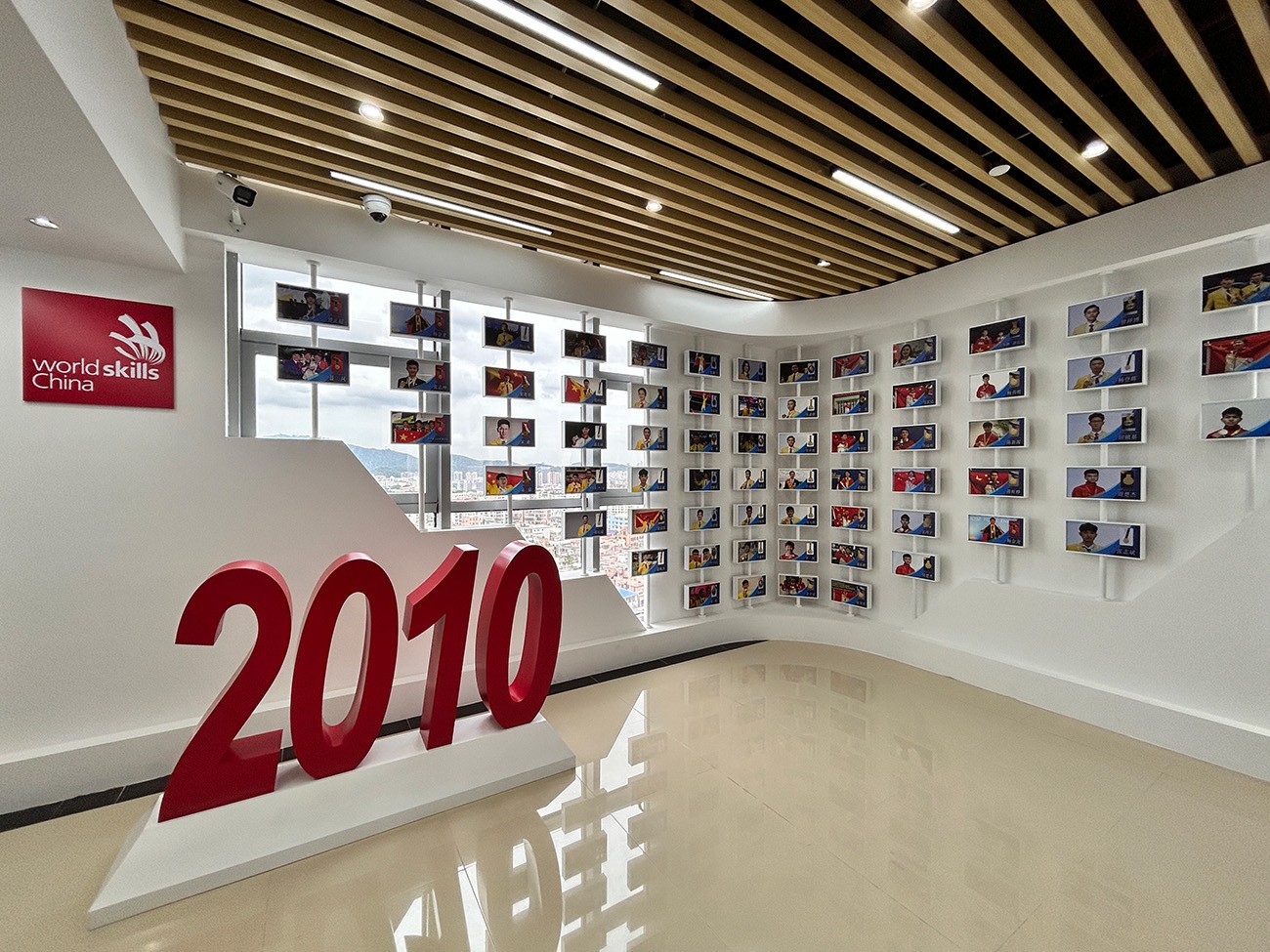
During the center visit, upon seeing the handmade exhibits and listening to Ms Zhang’s introduction, Henderson Eastmond, Executive Director of Barbados TVET Council, expressed his astonishment at the significant investment the Chinese government has made in technical skills. In terms of human, financial, and material resources, China has shown great emphasis on the development of technical skills. In contrast, the Barbados government does not place as much importance on the development of the skills sector, viewing participation in WorldSkills as merely an ordinary competition. Eastmond hopes that Barbados can learn from China’s attitude of prioritizing technical skills, thereby promoting the development of the skilled trades industry.
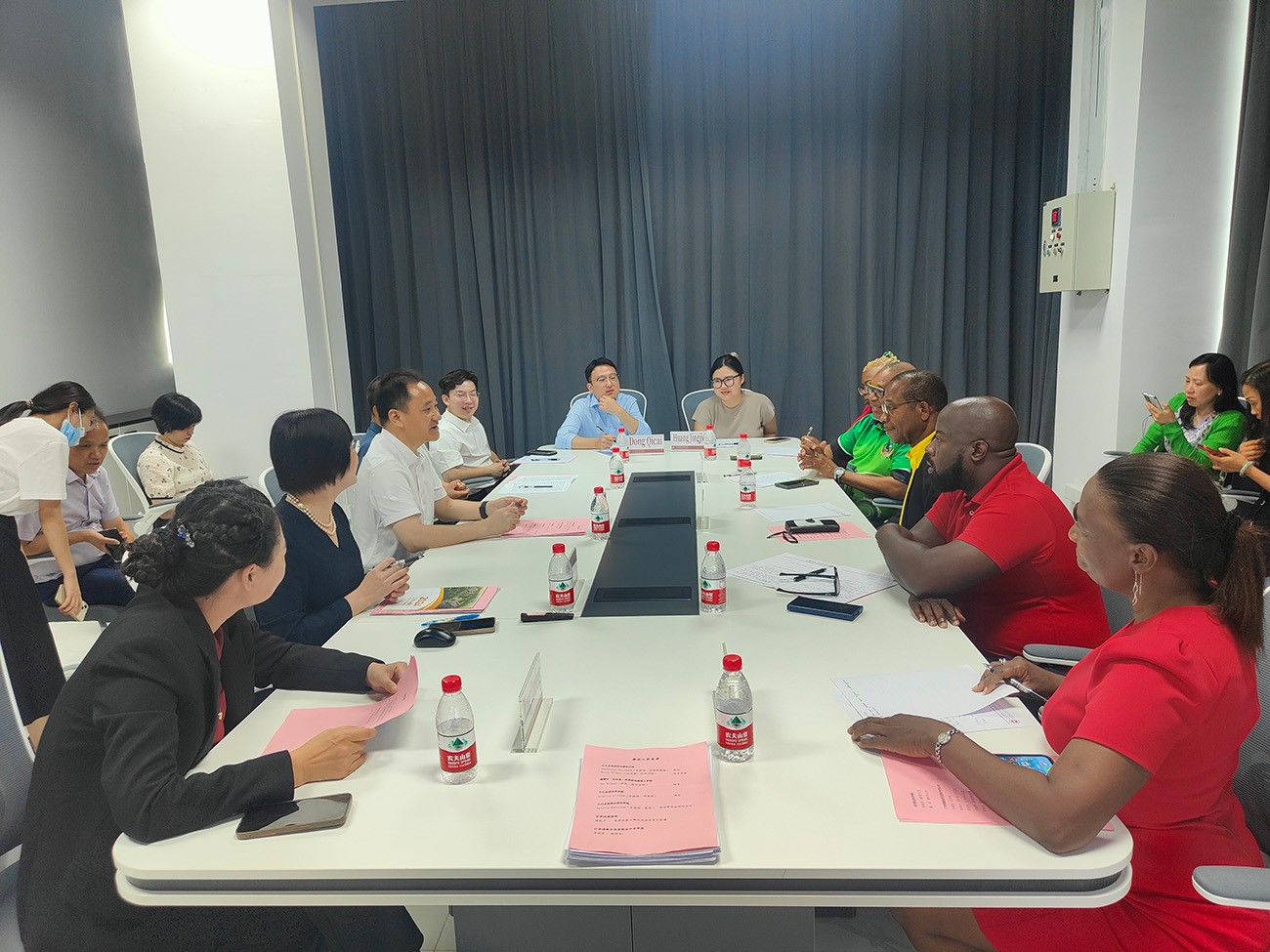
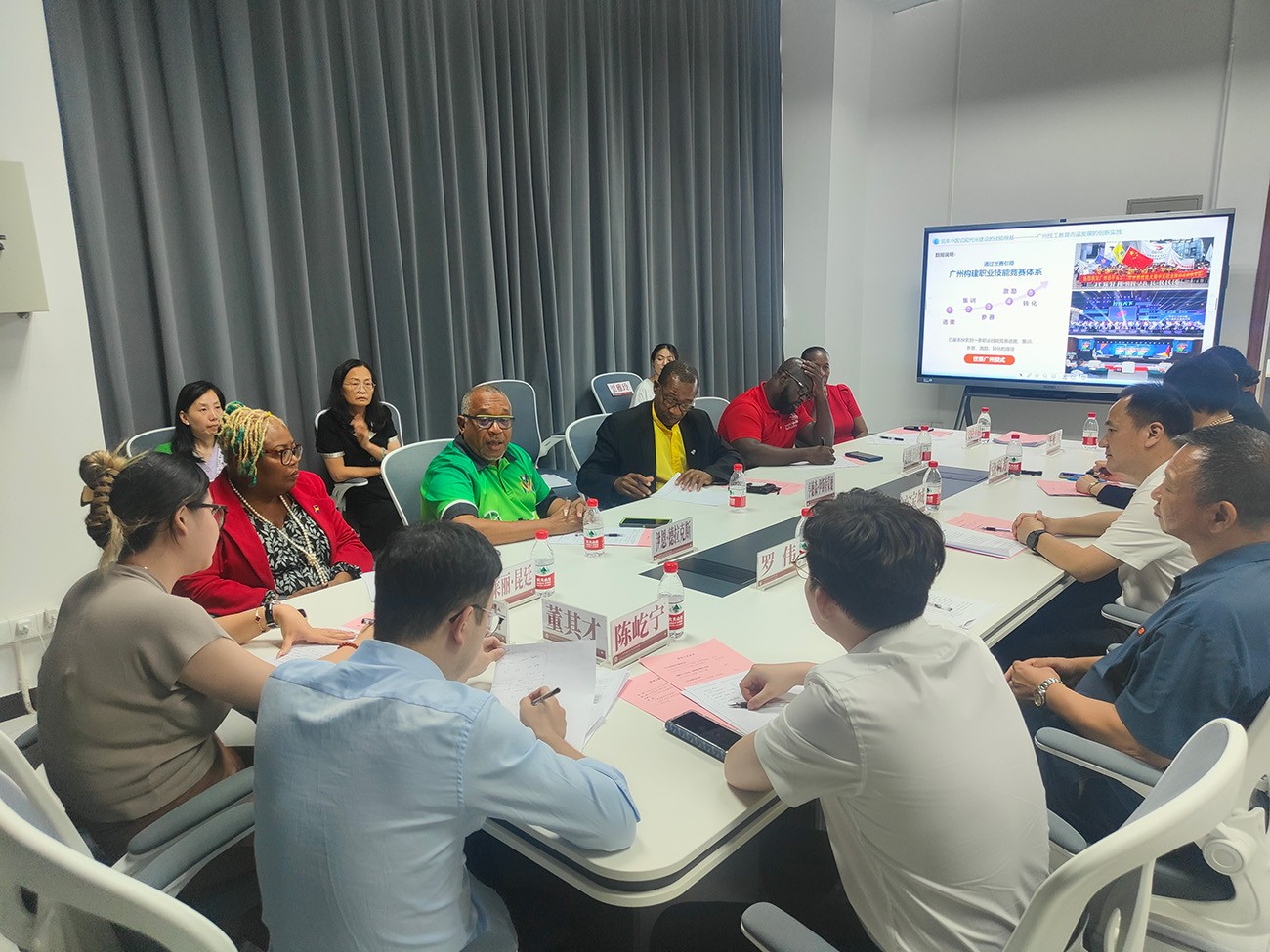
During the subsequent seminar, Dario Walcott, Technical Delegate of WorldSkills Barbados, asked the center’s experts how students could better prepare for WorldSkills competitions. In response, Fang Baocheng stated, “By integrating competition rules into classroom teaching, students can master the skills required for the competition in their daily studies.” Ian Drake, Principal of Samuel Jackman Prescod Institute of Technology, also expressed at the meeting the hope of promoting WorldSkills to enhance teachers’ and students’ awareness of the skills sector, thereby improving the overall level of skills education in Barbados. Annette Alleyne, Principal of Barbados Community College, mentioned that the Barbados government has increased investment in education in recent years, with 80% of the population now literate. However, there is still much room for improvement in technical skills. She hopes to learn more about China’s educational strategies to further strengthen cooperation between the two countries. Valerie Quintyne, Training Director of Barbados Vocational Training Board, also stated the desire to strengthen vocational education cooperation between the two countries to cultivate more skilled talents.
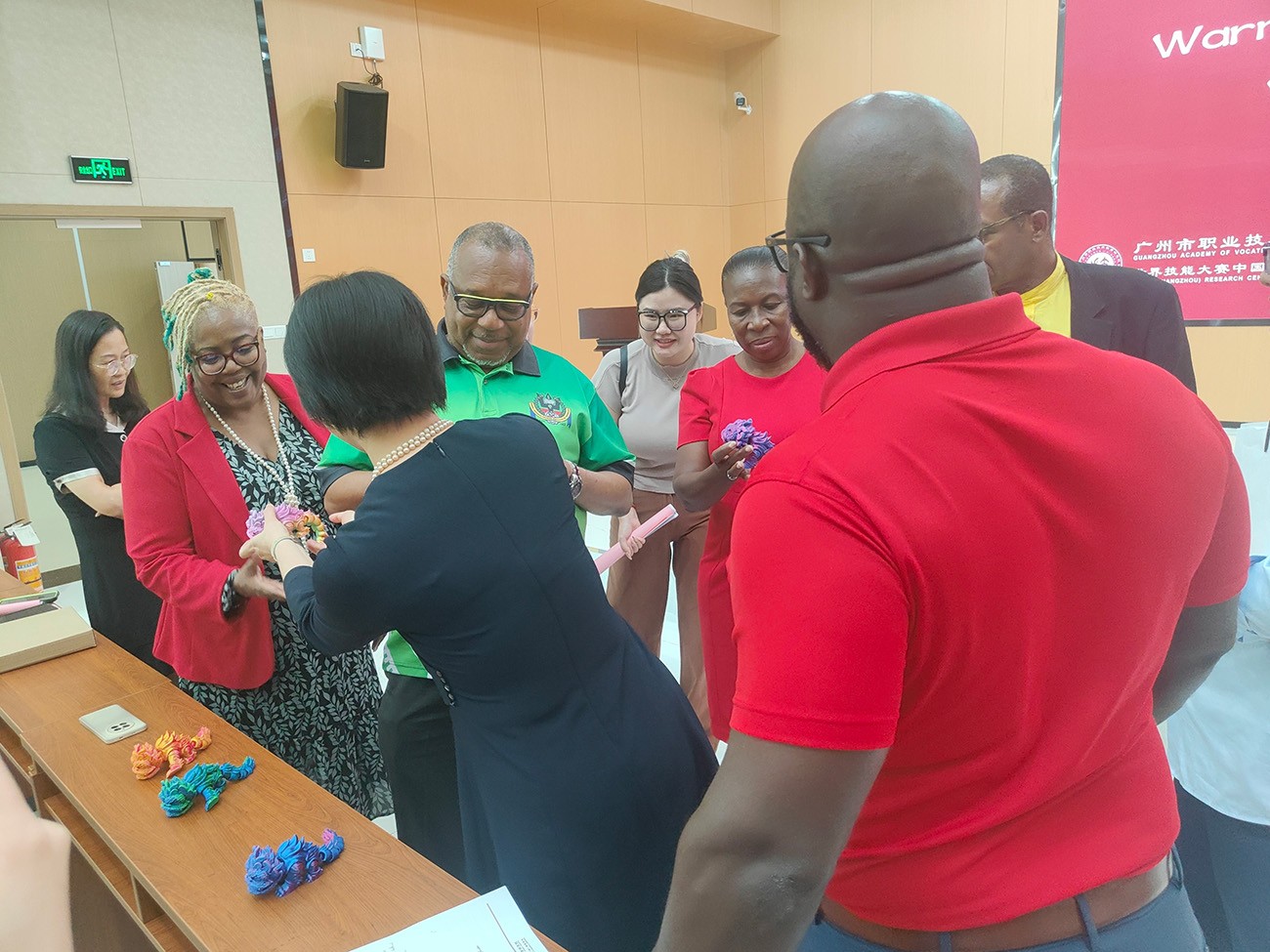
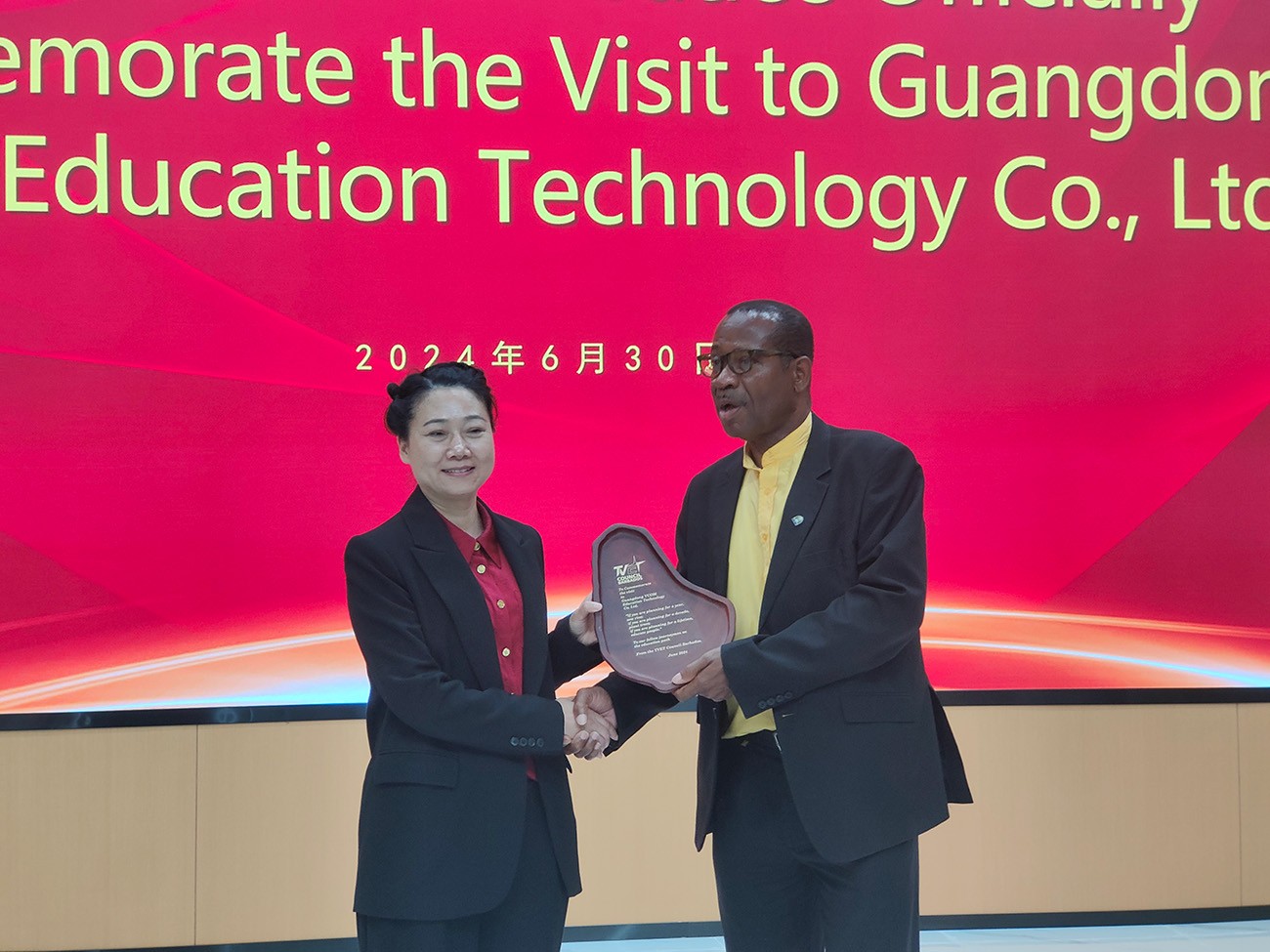
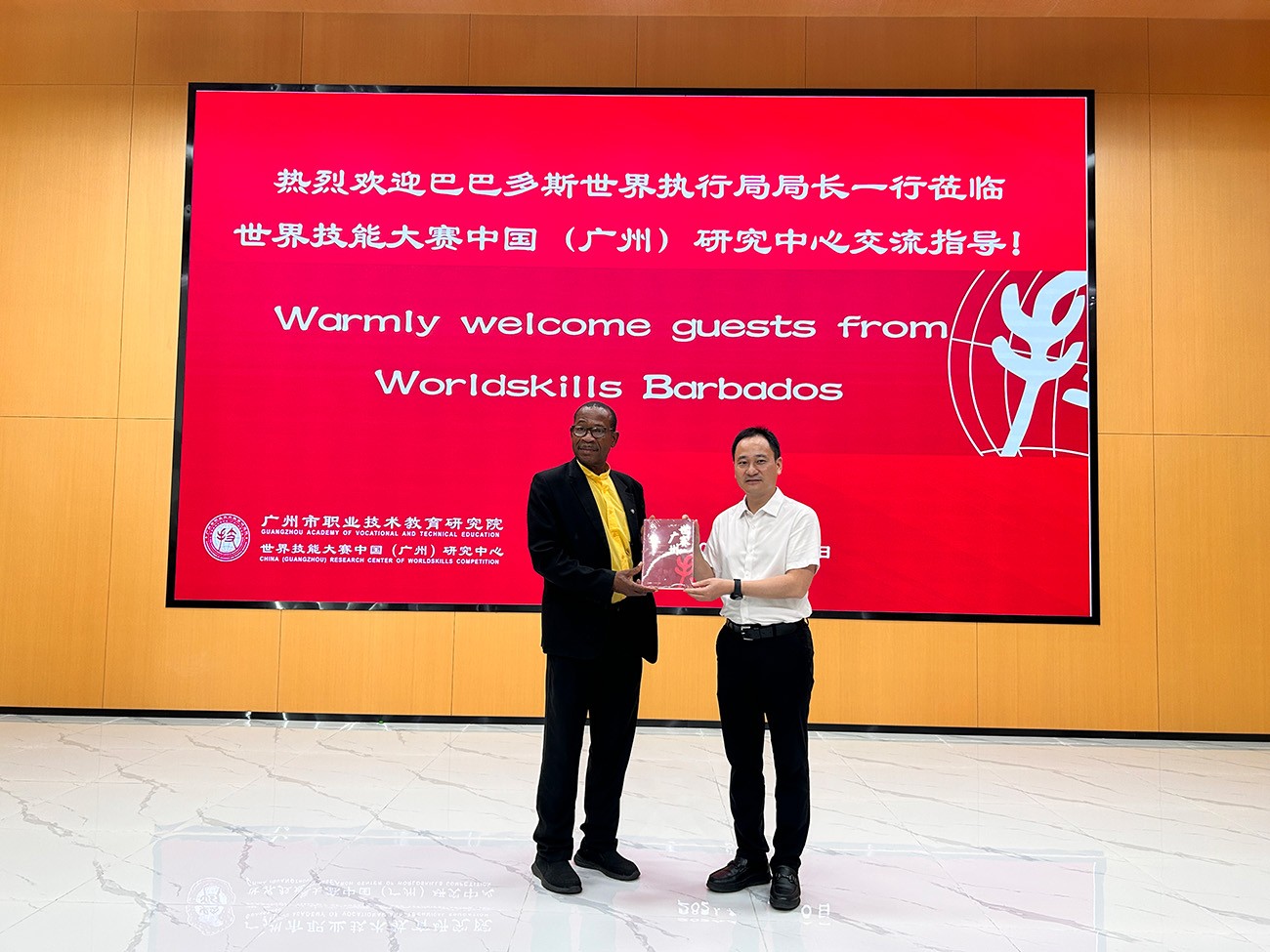
Both sides unanimously expressed the hope of having opportunities for skills cooperation and exchange in the future, and even organizing skills competitions. The Barbados delegation expressed their willingness to send teachers and students to China for study and exchange to further enhance skill levels. Moreover, they expressed the desire to start cooperation as soon as possible, planning to begin in early 2025 through channels such as Vcom or the WorldSkills China Committee, facilitating teacher and student exchanges, and certification to improve skill levels. They also hope to establish an international standard vocational education system.
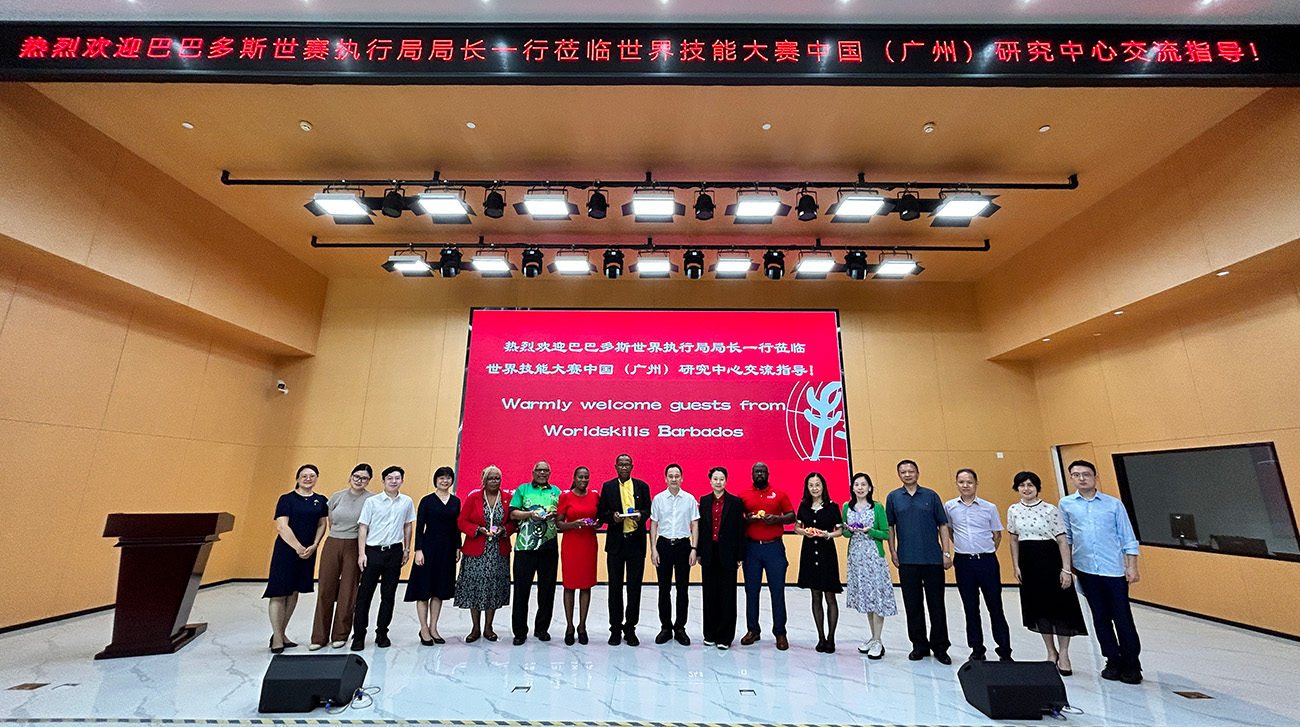
The Barbados delegation’s visit to the WorldSkills (Guangzhou) Research Center gave them a deeper understanding of China’s successful experience in skills education. This understanding will help change the domestic perception of skills education in Barbados and promote the development of skills education. Additionally, the two parties discussed the possibility of skills cooperation and exchange and reached a preliminary consensus. The Barbados delegation hopes to improve their country’s technical skills training quality by sending teachers and students to China for study and exchange, thus cultivating more high-skilled talents. This visit has deepened the mutual understanding and cooperation vision between China and Barbados in the technical skills field. In the future, both sides will work together through skills cooperation, teacher and student exchanges, and skill level improvement to promote the development of TVET, bringing new vitality and opportunities to the skills sector in both countries.
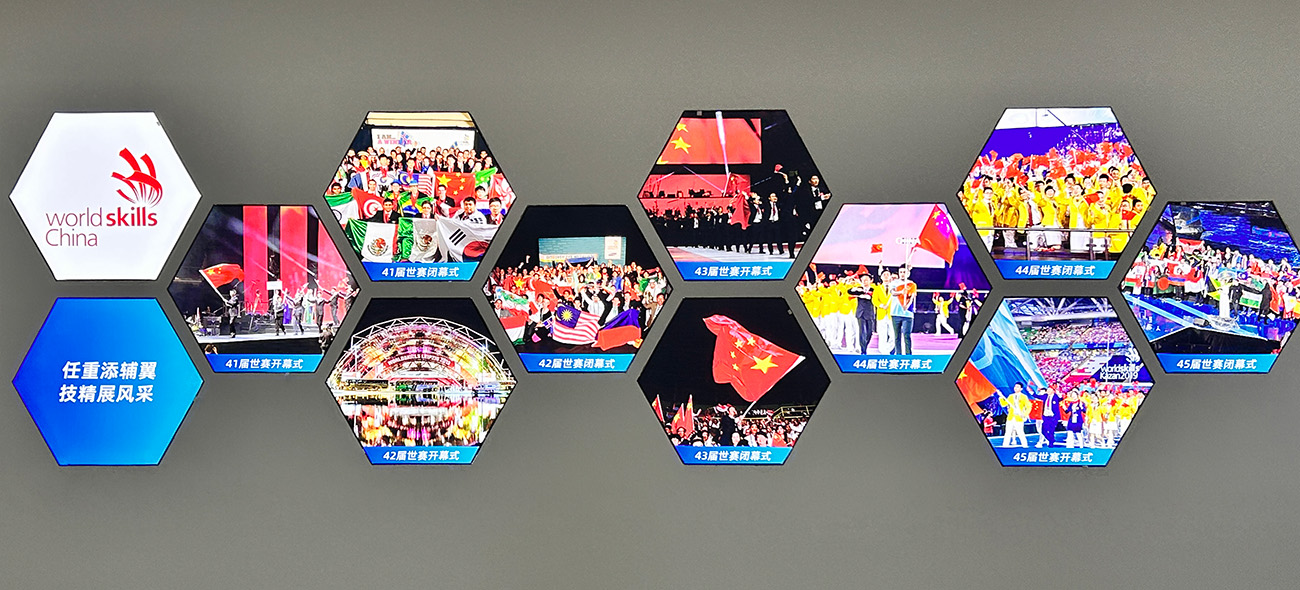
Furthermore, this visit has set an example for global skills development cooperation and exchange. Through international cooperation and exchange, the common progress of countries in the field of skills education has been promoted, helping to enhance global skill levels and advancing the cause of world skills, making a positive contribution to global skills development.







